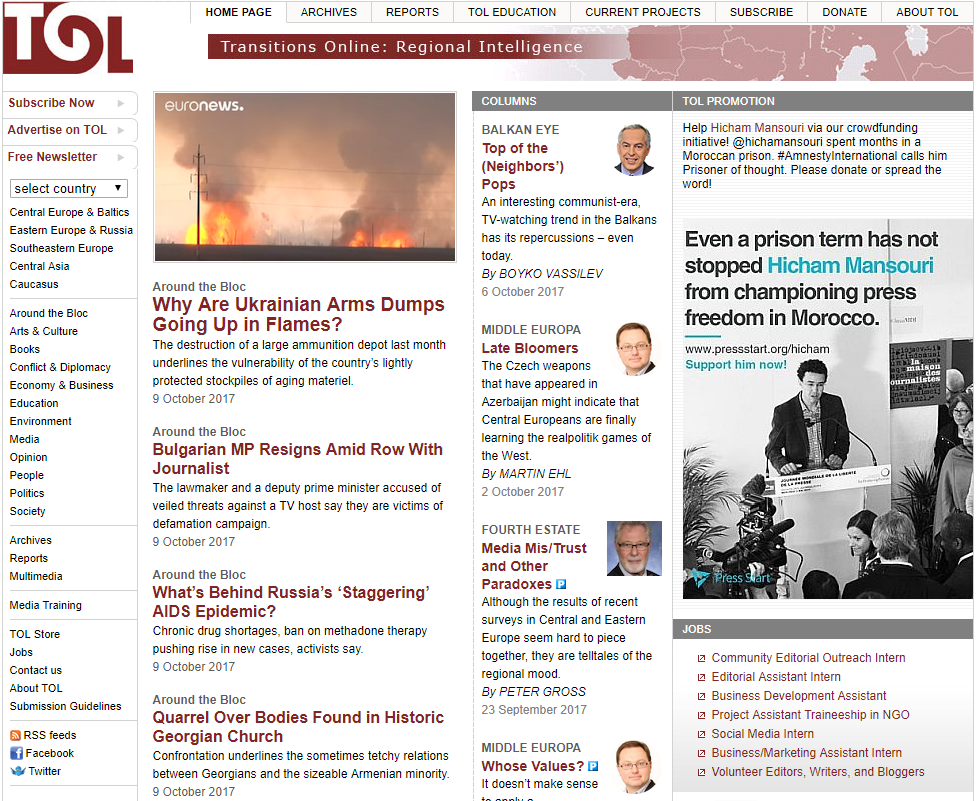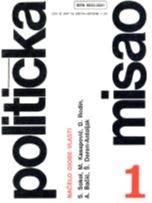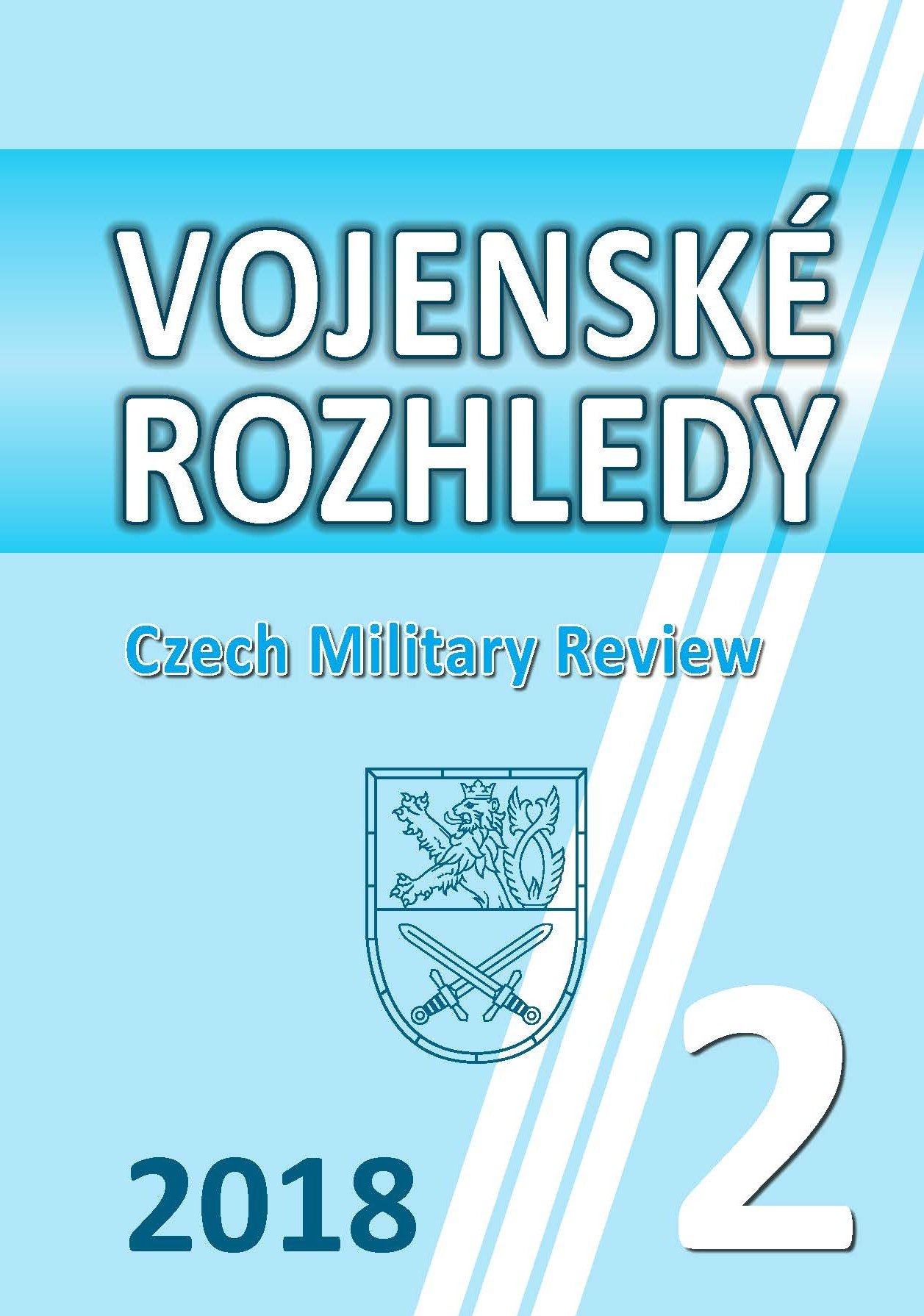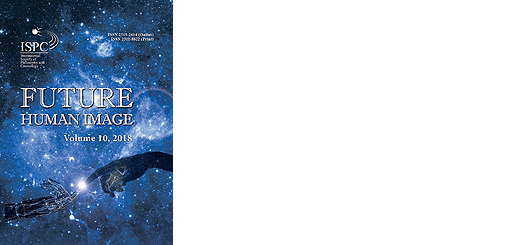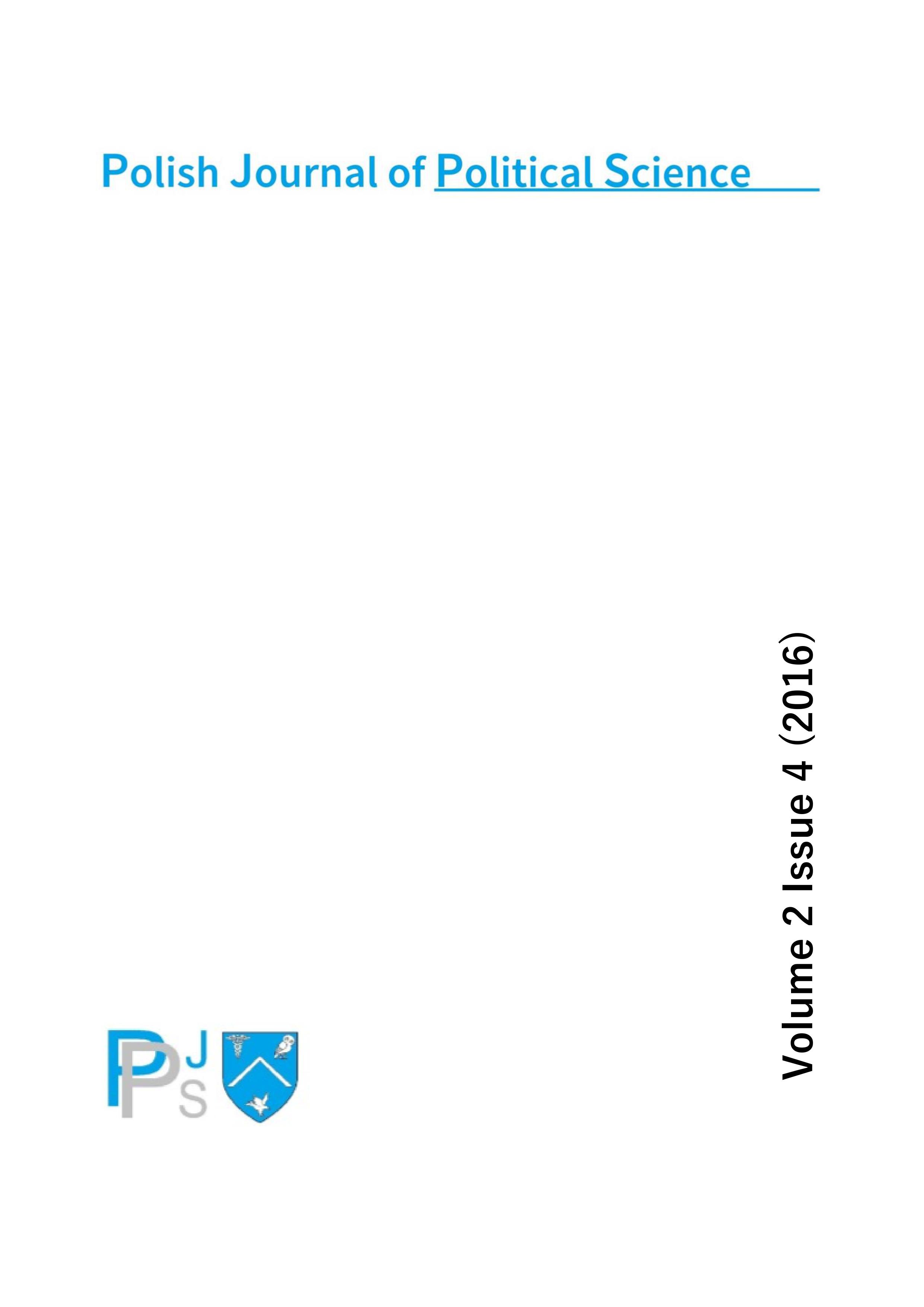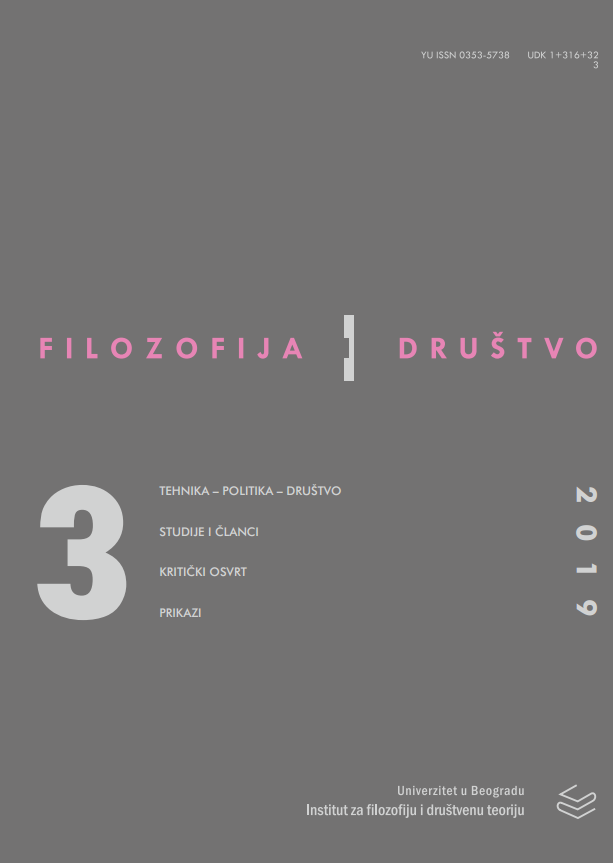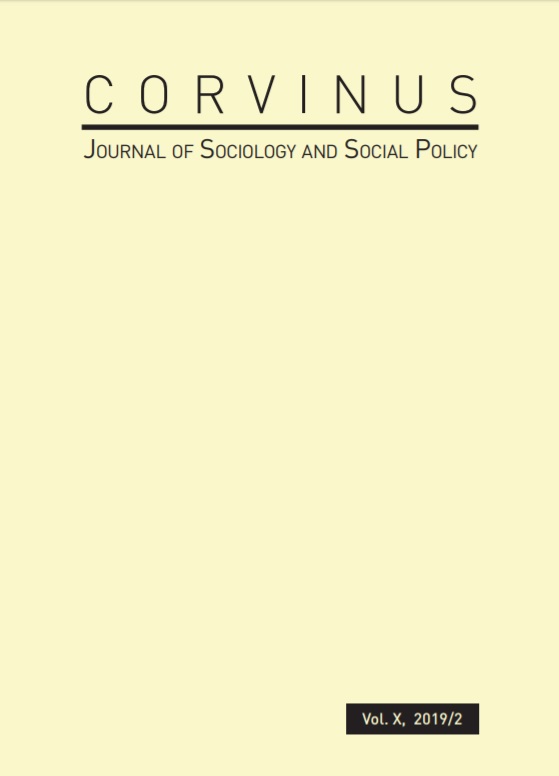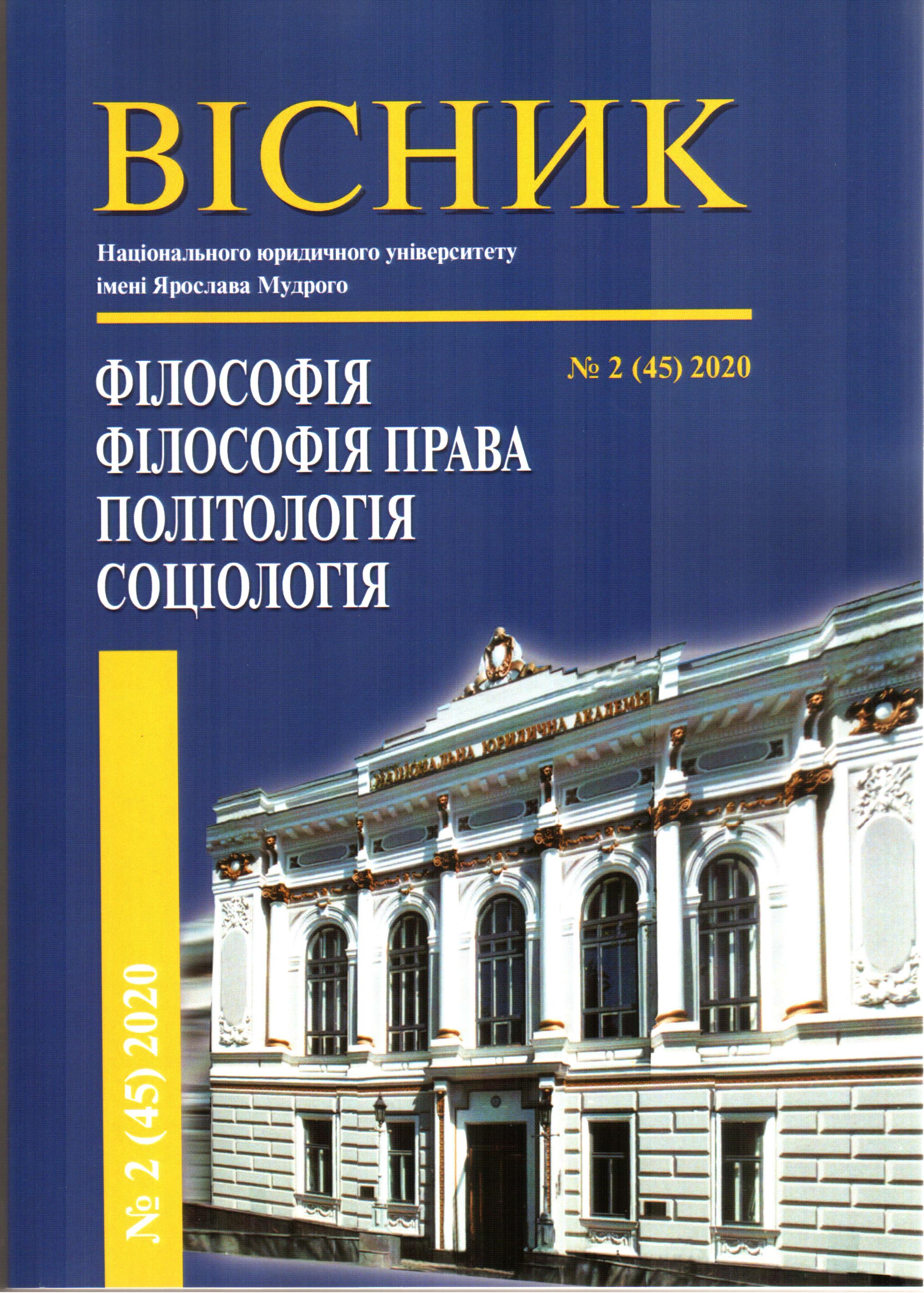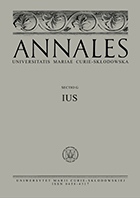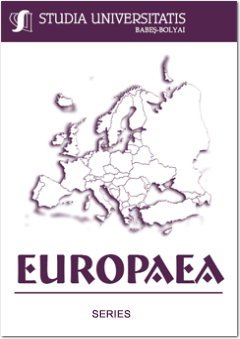Author(s): Liudmyla Mykolaivna Herasina / Language(s): Ukrainian
Issue: 2/2020
Problem of setting. In of the article first certain and analysed research narratives to the international conflict, which was folded in modern scientific discourse - civilization, universal, phenomenological, deterministic, rhythm of development, the world is politicians, judicial. There is an appropriate question in science: how in our time to perceive and explain the situation of international conflict - by global turbulence or destructions of the world system?
Analysis of main researches. In political science tradition objectively there were different of international of the world. Narrative of «conflict of civilizations» (S. Hantington) takes a place from their global opposition in foreshortening of the historical differences, values and alternative ways of life. P. Sorokin and Q. Wright developed universal narrative of international conflicts, where attributed them to the class of general social. Other scientists (E. Luard, K. Levin, J. Rubin, D. Pruit, K. S. Kim, T. Shelling) formulated in in the second half of XX century deterministic, rhythm of development, the world is politicians, judicial narratives of conflicts on a world arena.
Paper objective. Idea and purpose of the article: to generalize the picture of international conflicts in phenomenological narrative (the essence, sources, varieties and strategies of decision); to expose objective connection of conflicts with destructions of the world system and processes of global turbulence. Paper main body. In the epoch of globalization the modern world tested cardinal changes, caused the contradictory tendencies of integration and differentiation of international processes of, which strengthens the conflict of relations. In these terms essence of international conflict is interpreted, as culmination of development of objective contradictions between the states (by the group of the states), the display of which is a collision on soil of opposite national interests, public aims and aspirations. The sources of origin and factors of determination of international conflicts do not touch private or group interests, they are anymore determined defence of sovereignty of the state, interests of national safety, maintainance of territorial integrity, rights and freedoms of the citizens; but sometimes international excesses are continuation of retrograde internal policy of certain countries. In maintenance internationally-legal conflicts more frequent international spores -formal disagreements consist between international legal of, subjects which arose up on questions of debatable fact or broken right. A global danger in relation to a conflict in is the world created by international terrorism, especially with the risk of application of weapon of mass defeat. General systematization of international conflicts allows to select a few their types and classes, in particular - intergovernmental and national liberation wars, international conflicts inwardly, local, regional, global, armed or unarmed conflicts and others that. The special place in development of conflict on the global arena of relations occupies international crisis. Its essence is more high phase of the international opposing, growth of him from confrontation to the greatest political level. Original narrative of these international collisions offers the canadian political scientist A. Rappoport, where in obedience to a form and the specific flowing characterizes an international crisis in three formats: of ’battle’, ’game ’ and ’debate’.
The world political system is objective reality, result of concordance nation-states political, legal, social and economic ’status quo ’ on planetary and regional levels. But it modern character is straight predefined influence of factors of global turbulence in an international policy. An international law, in obedience to UN Charter, gives advantage principles of peaceful decision of international conflicts and crises, that it is fixed in bases of existence and stable functioning of world concord. Conclusions. Logic of development of conflicts and crises shows on a world arena, that the political system of planet has certain destructions, disfunctions and global problems which become the drivers of international conflict.
More...

